Hotel Occupancy Rates and Pricing Trends (Travel Data Providers)
Meaning:
Description:
What if...
Generative AI Applications:
1. Dynamic Pricing with Hyper-Personalisation: Generative AI can analyse real-time data on occupancy, competitor pricing and local events to create highly personalised room rate suggestions for each potential guest. This could involve generating alternative pricing packages with bundled activities or meal options tailored to specific demographics or booking windows (e.g. weekend getaways for couples vs. family holidays).
2. Predictive Demand Forecasting: AI can analyse historical data and generate forecasts for future occupancy rates. However, generative AI can go a step further, by considering external factors like weather forecasts, upcoming conferences or local festivals to create more nuanced and adaptable predictions. This allows hotels to adjust staffing, marketing campaigns and room rates proactively to maximise revenue during peak periods and avoid underselling during slower times.
3. AI-Powered Revenue Management Chatbots: Imagine a chatbot interacting with potential guests, understanding their preferences and budget limitations. Using generative AI, the chatbot could suggest alternative room options, dates or even nearby hotels within the same chain based on real-time occupancy and pricing data. This not only improves customer service but also ensures optimal room allocation and revenue generation.
4. Generating Compelling Hotel Descriptions and Marketing Copy: Generative AI can craft dynamic hotel descriptions that highlight unique selling points and amenities relevant to specific guest demographics. For instance, AI could generate targeted marketing copy for families, highlighting on-site childcare options or kid-friendly activities, while generating a different narrative focused on business amenities and co-working spaces for corporate travellers.
Benefits:
1. Increased Revenue: Generative AI can help hotels optimise pricing and occupancy rates, leading to increased revenue generation.
2. Enhanced Guest Experience: Personalised pricing and targeted marketing can lead to a more positive guest experience.
3. Improved Efficiency: Automating tasks like revenue forecasting and generating marketing copy allows hotel staff to focus on other areas.
Ethical Considerations:
1. Transparency: Guests should be informed if generative AI is used in pricing or marketing.
2. Data Bias: AI models are only as good as the data they are trained on. It's crucial to ensure training data is diverse and unbiased to avoid discriminatory pricing practices.
By leveraging generative AI in conjunction with hotel occupancy and pricing data, hoteliers can gain a competitive edge, optimise revenue streams and create a more personalised guest experience.


